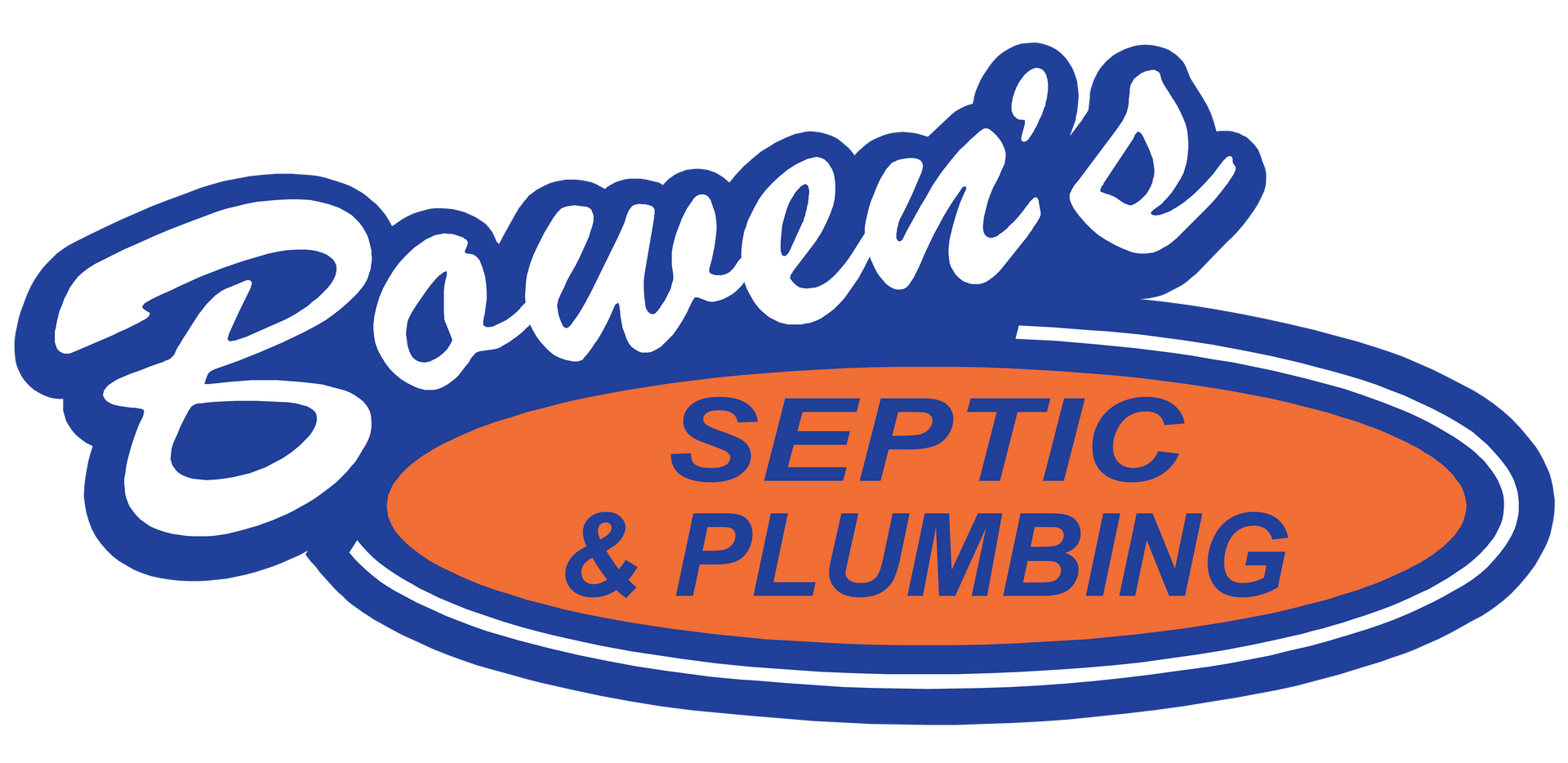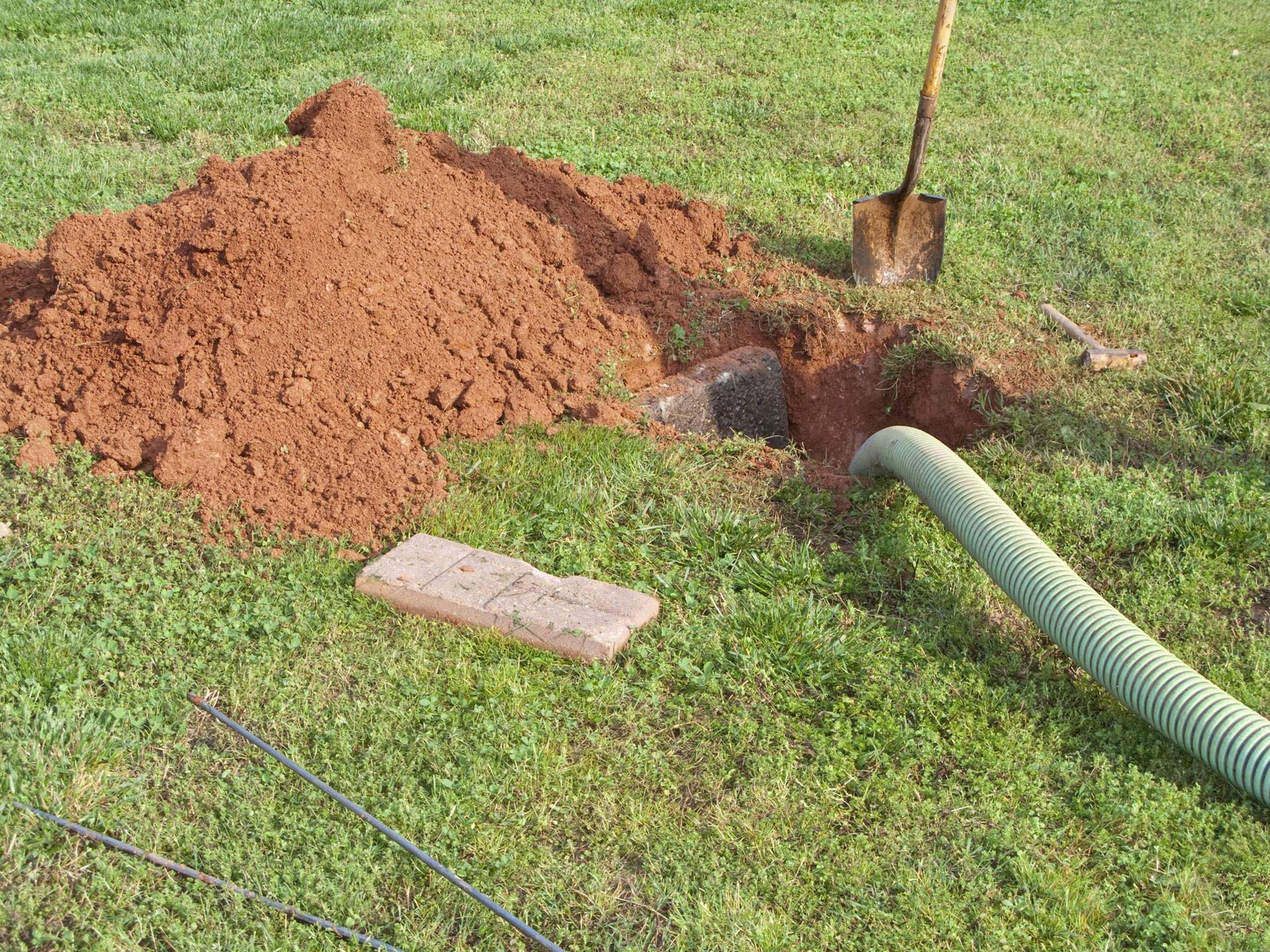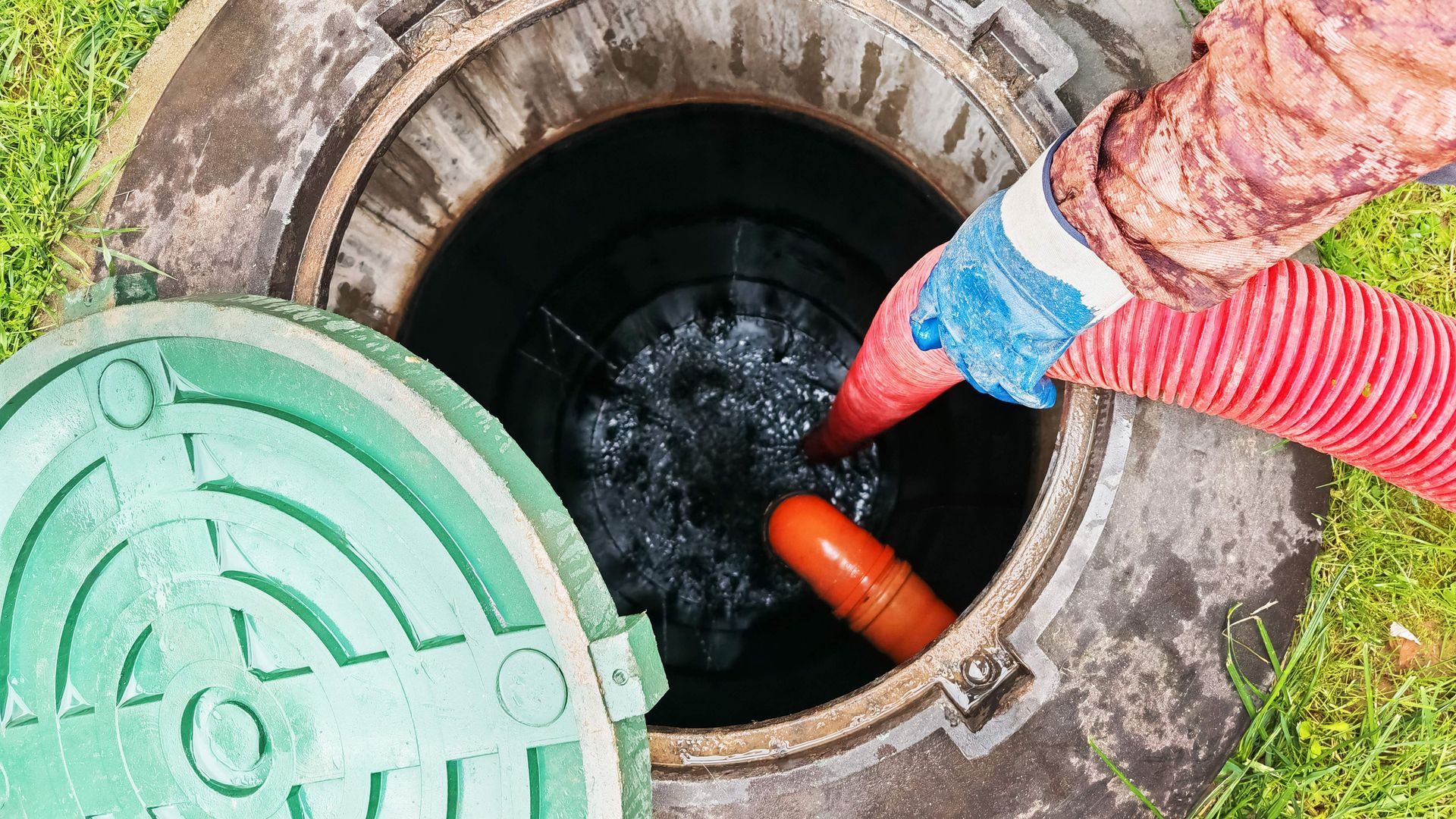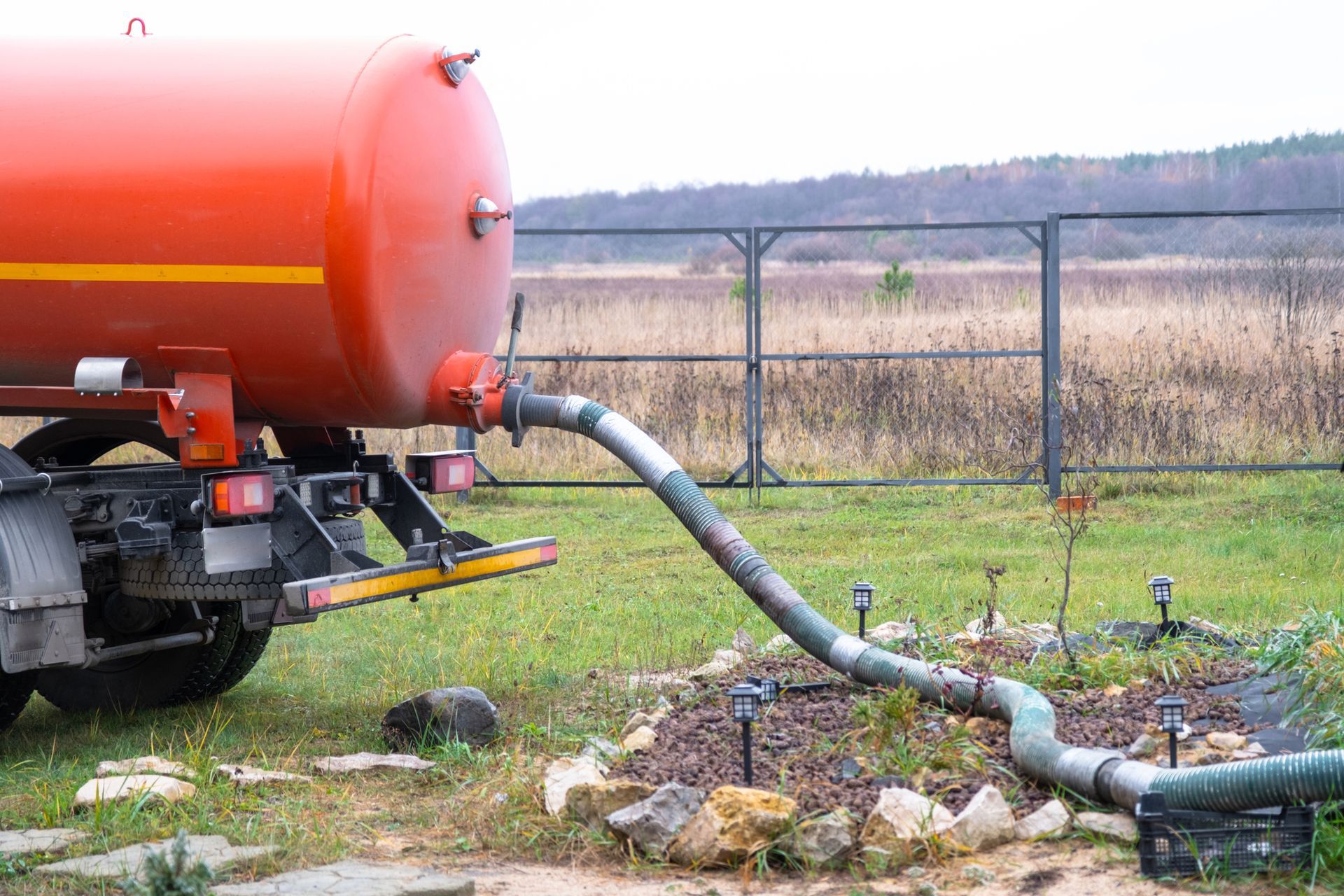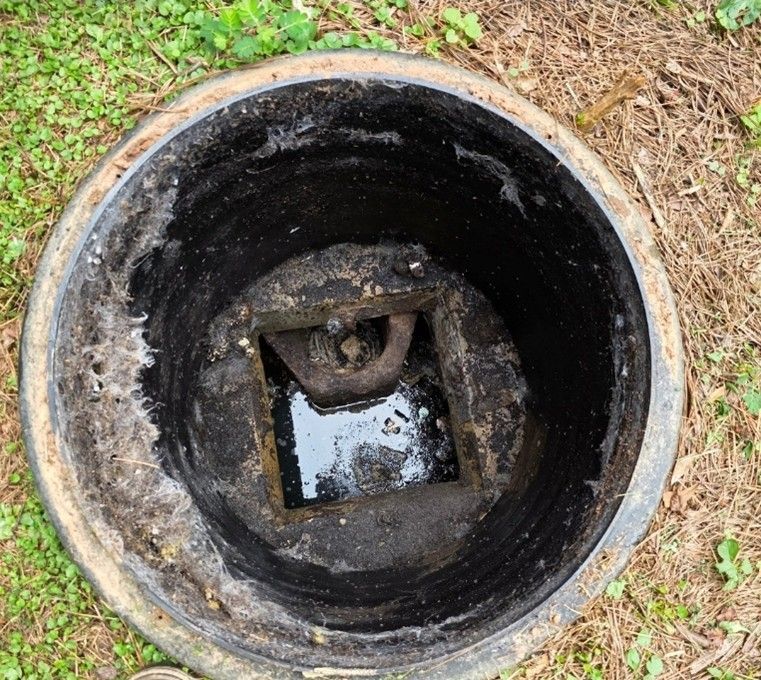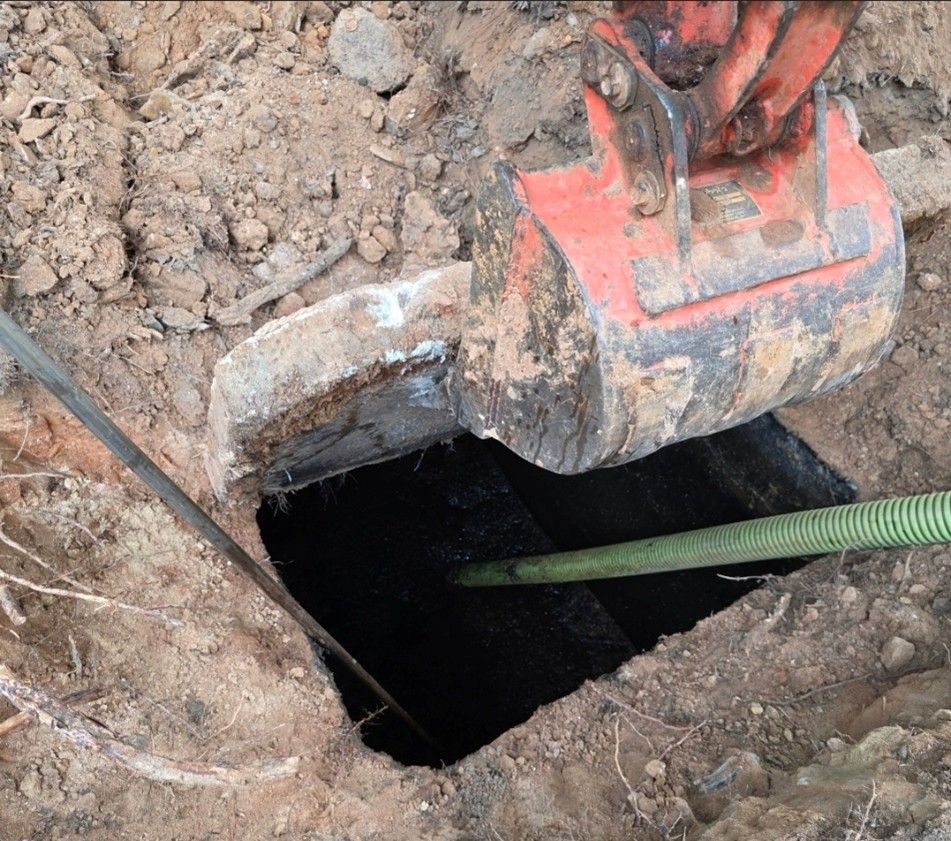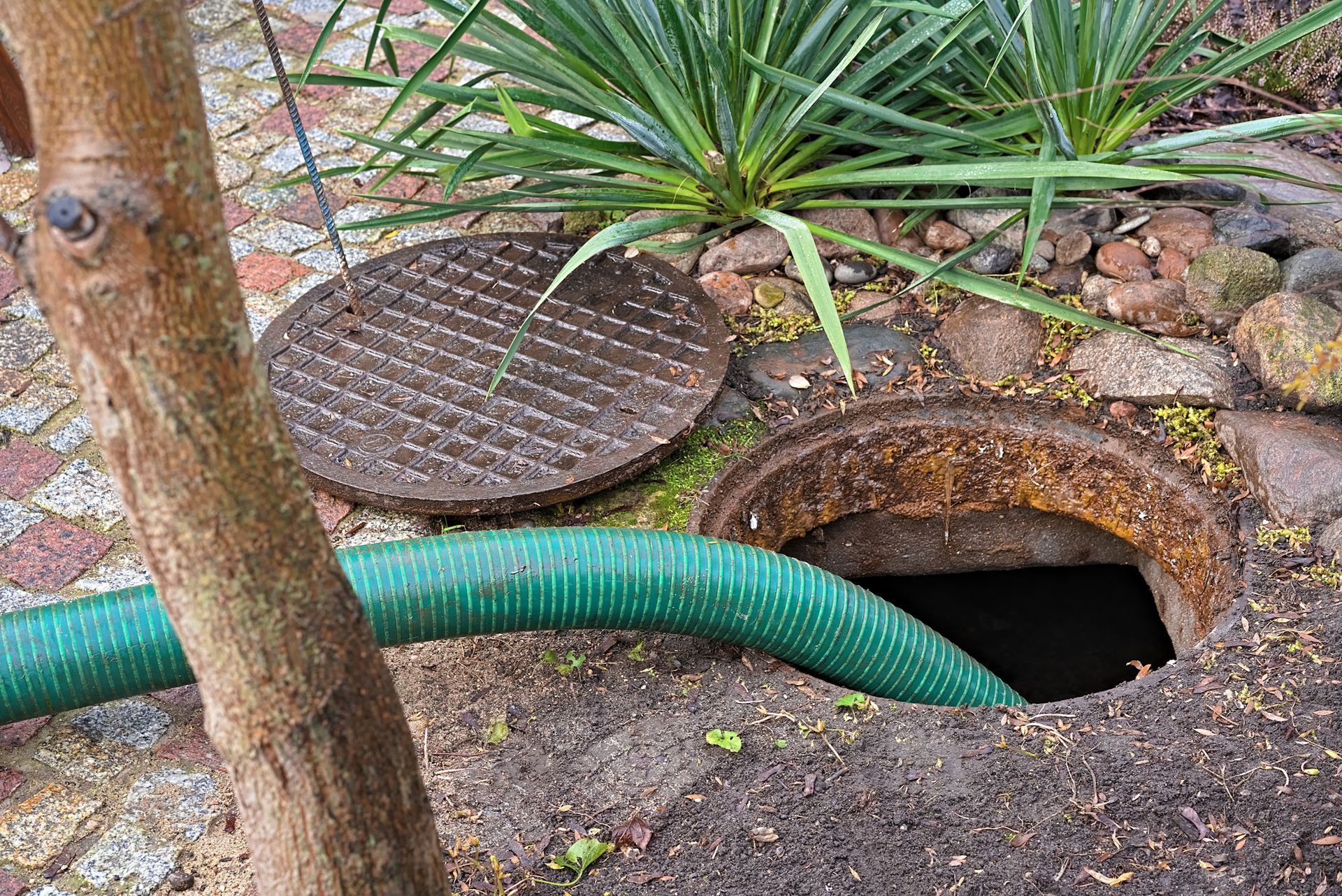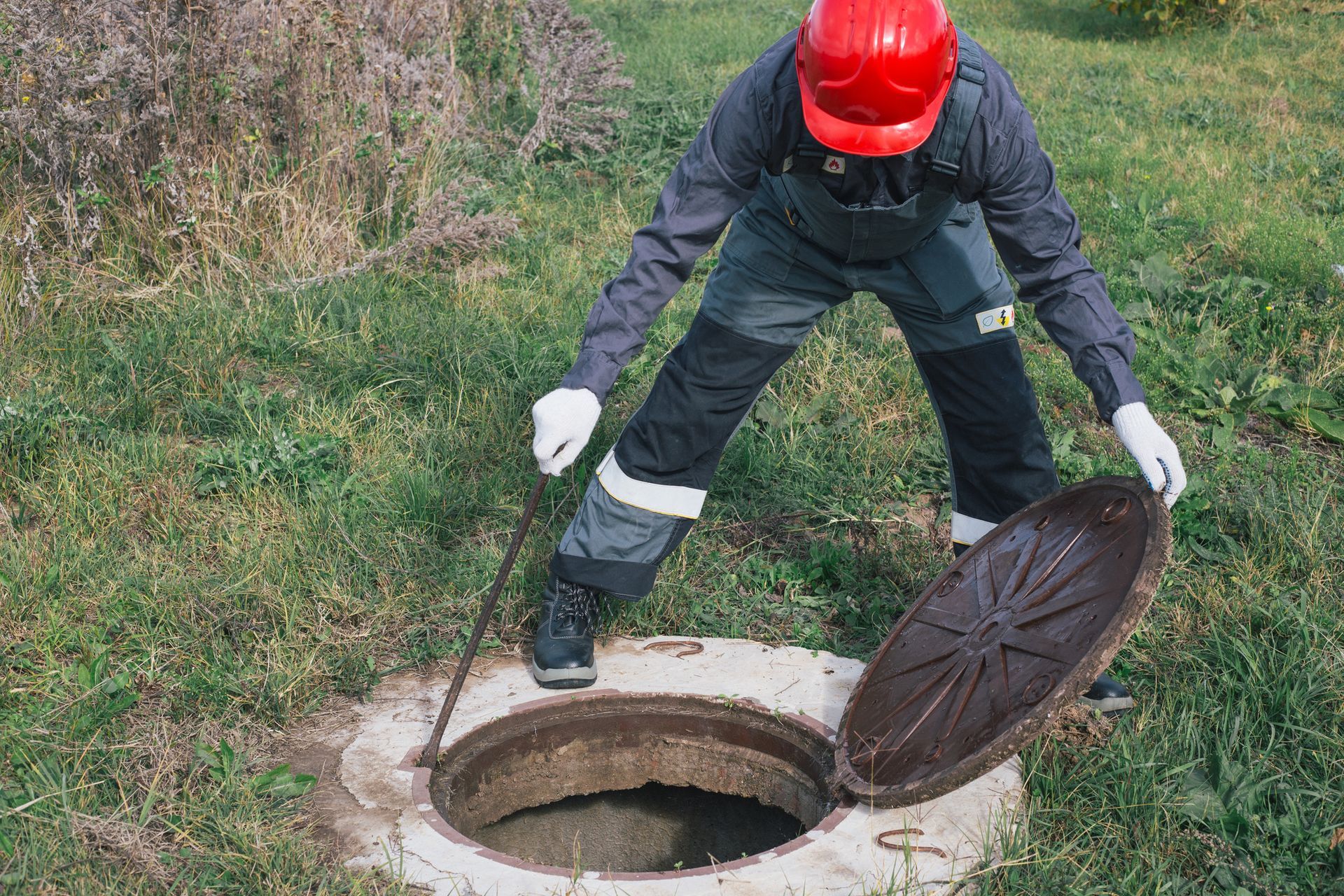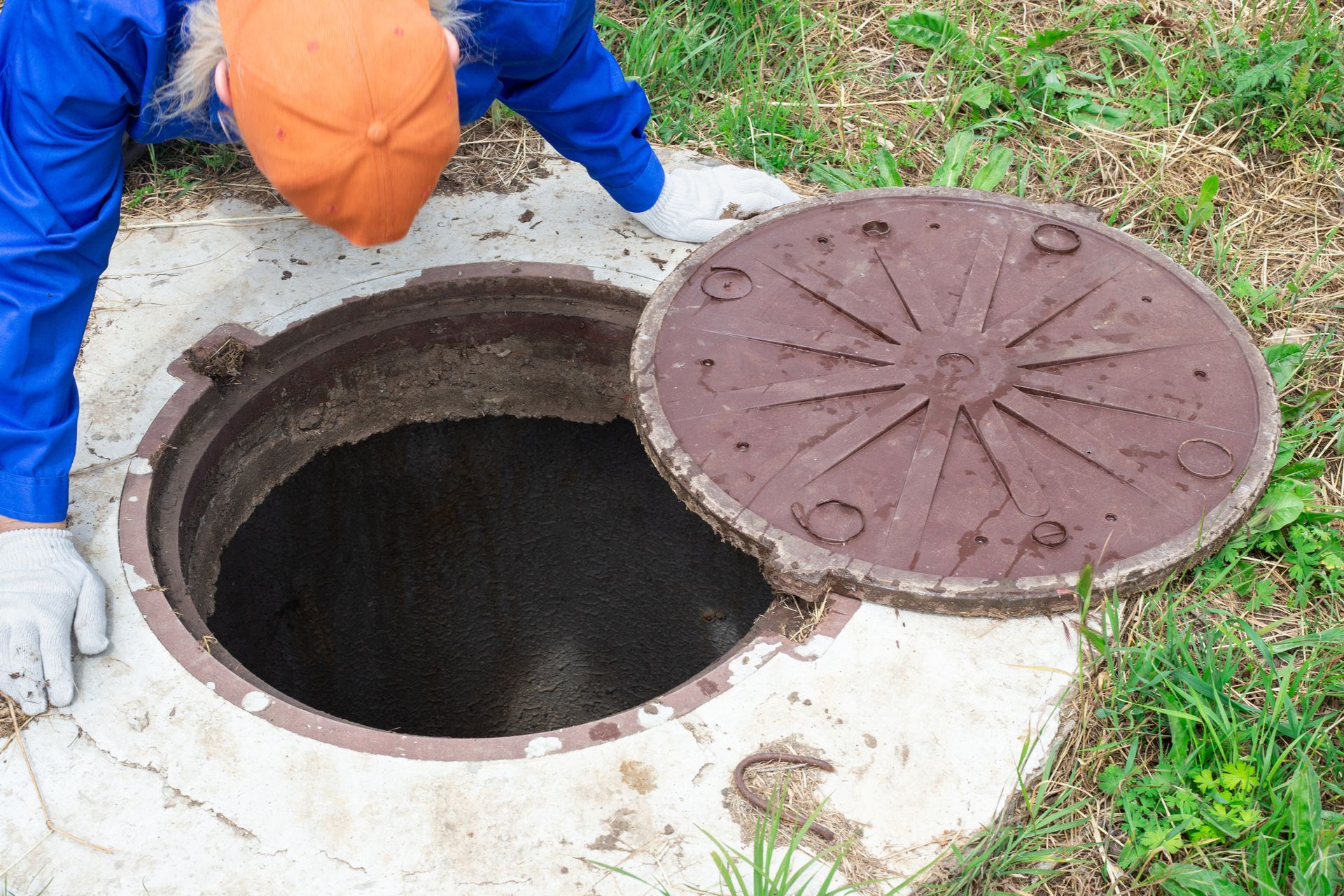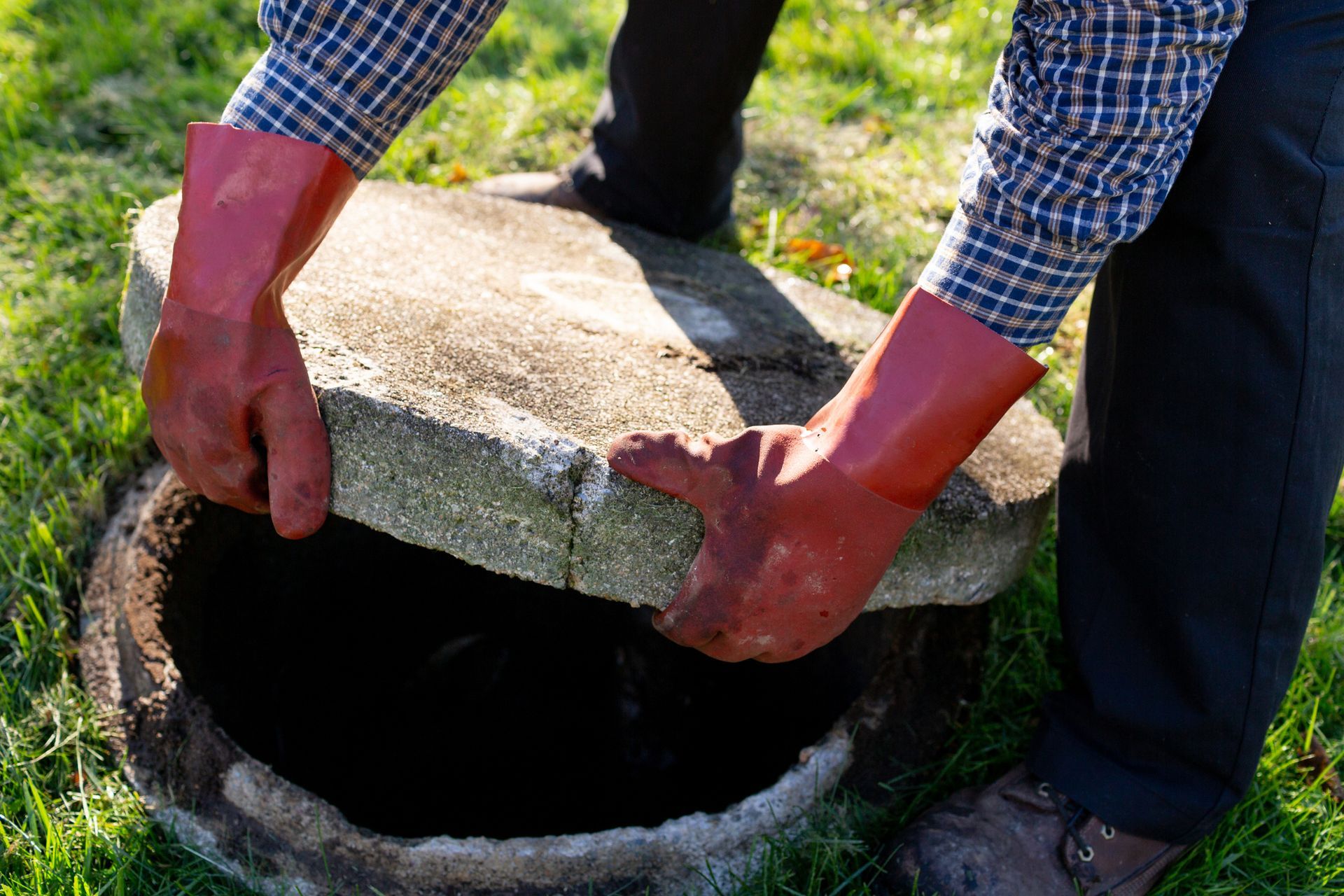Ways You Can Damage Your Home Septic Tank
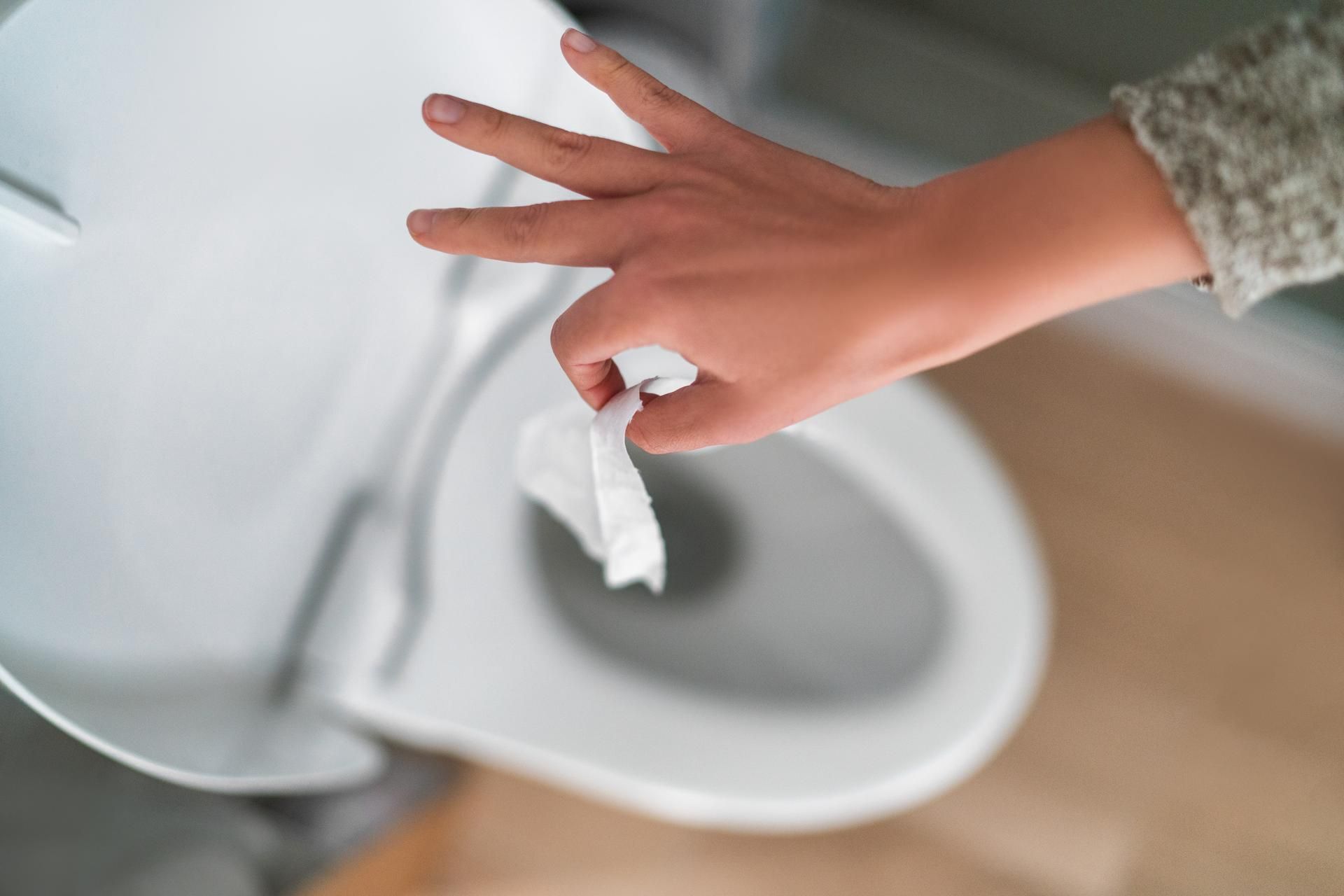
Understanding how to properly maintain your home septic tank is essential for its longevity and efficient operation. A septic system may not be at the forefront of home maintenance concerns, but ignoring its care can result in costly repairs and extensive damage. Being mindful of potential pitfalls can save both your system and your wallet from unnecessary strain. Read on for a short list of practices that could be damaging your septic tank.
Flushing Inappropriate Items
One of the most common ways homeowners damage their septic systems is by flushing items that are not septic-safe. Non-biodegradable products such as wipes, diapers, feminine hygiene products, and cotton swabs can quickly clog the system. Even products labeled as "flushable" may not break down adequately, leading to blockages. Educating all household members to only flush human waste and septic-safe toilet paper is crucial to preventing costly issues.
Overusing Household Chemicals
Excessive use of household chemicals can also disrupt the delicate balance of a septic tank. Detergents, bleach, and other cleaning products may contain harsh chemicals that kill the beneficial bacteria within your septic system. These bacteria are essential for breaking down waste, and their absence can lead to accumulated sludge and system failures. Opt for eco-friendly cleaning products to ensure your tank remains effective and functional.
Ignoring Regular Maintenance
Regular inspections and pumping are vital to maintaining a healthy septic system. These systems play a crucial role in managing household waste by treating and disposing of it safely. However, many homeowners overlook this critical upkeep, which can lead to overflowing tanks and leaks, causing unpleasant odors and potential health hazards. Neglect can also result in costly repairs or replacements that could have been avoided with routine care.
For optimal performance, it is recommended to have a professional inspect and pump your septic tank every three to five years. The frequency of this maintenance depends on factors such as household size, tank capacity, and the volume of wastewater generated. Regular maintenance ensures your system remains free of buildups, such as sludge and scum, that could eventually lead to severe damage. By keeping your septic system in good working order, you contribute to a safer and cleaner environment while safeguarding your property's value.
Excessive Water Use
Overloading the system with water is another common way to damage a septic tank, and it's crucial to understand how this can occur to prevent costly repairs. Continuous water flow from multiple sources, such as running a dishwasher, washing machine, and shower simultaneously, can inundate the tank. When the tank becomes overwhelmed, it struggles to effectively manage and break down the incoming waste. This overload prevents the system from adequately processing waste, leading to potential backups and leaks that not only cause unpleasant odors but can also result in environmental contamination. Monitoring water usage is essential, and spreading out the use of water-intensive appliances throughout the day can help mitigate this risk. Additionally, installing water-saving fixtures or devices can reduce the overall water load, further safeguarding the septic system from damage.
Planting Trees Near the Drain Field
The drain field is an important part of your septic tank system. It helps filter out effluent before it returns to the groundwater, which is essential for preventing pollutants from reaching and contaminating the water supply. Planting deep-rooted trees or shrubs too close to this area can lead to root intrusion, which can damage pipes and obstruct proper drainage. Such blockages can cause backups in the septic system, leading to costly repairs and potential health hazards. It is important to keep landscaping efforts mindful of the tank's location and choose plants with shallow root systems to protect your drain field. Selecting the right vegetation safeguards the system and enhances the overall landscape, allowing you to enjoy a functional and aesthetically pleasing yard.
Improper Disposal of Grease and Oils
Pouring grease and oils down the kitchen sink is a detrimental practice for homeowners with septic systems. These substances can solidify and cause buildup within the pipes and septic tank, leading to blockages and inefficient operation. When fats, oils, and grease enter the septic system, they are difficult to break down and can rise to the top of the tank, potentially causing overflow or other malfunctions. To prevent these issues, collect cooking oils and grease in a container, and dispose of them with your regular trash or recycle them properly where facilities are available. This approach safeguards your septic system and contributes to more sustainable waste management practices.
Properly maintaining your home septic tank is crucial for ensuring the longevity and effectiveness of your entire wastewater management system. Awareness and education are key, as improper usage and neglect are the most common culprits of septic issues. By being vigilant about the items you flush, the chemicals you use, and the water consumption in your household, you can prevent unnecessary blockages and damage. Regular maintenance and inspecting the surrounding landscape are equally important to avoid costly repairs and environmental hazards. If you notice that your septic tank is having problems, contact our team at Bowen's Septic & Environmental Services for more information.
